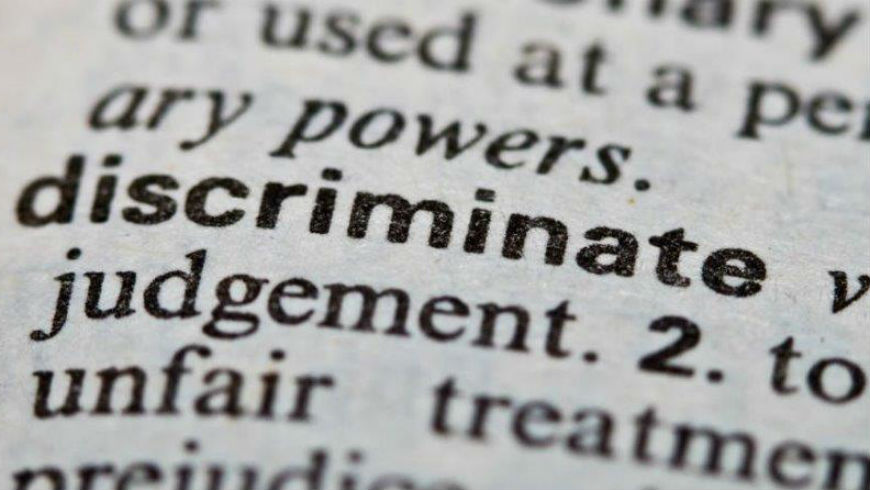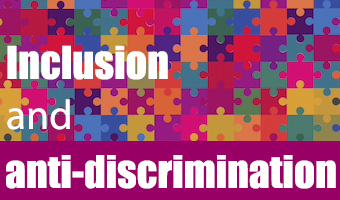A new report on the perception of discrimination in Belarus has been published. The Anti-discrimination Department of the Council of Europe, in co-operation with the National Centre of Legislation and Legal research of the Republic of Belarus, initiated in autumn 2019 a public survey to assess the perception of discrimination among the general public, the awareness of minority rights and the perception of the need for legislation to address discrimination in Belarus. The survey was run by the Institute of Sociology of the NAS of Belarus, which produced a report with the main findings. The report is available in Russian and English.
As part of the process of advancing equality in the Republic of Belarus, national authorities, civil society and international organisations have been assessing the need for comprehensive national legislation on anti-discrimination. While different actions were carried out in this respect, until autumn 2019 there had not been a public survey on the perception of discrimination and on the perception of the need for stronger action through legislation against discrimination.
Within the framework of the PGG regional project “Strengthening access to justice through non-judicial redress for victims of discrimination, hate speech and hate crime in the Eastern Partnership countries”, it was decided to carry out such a survey in order to collect data on:
- the public understanding of the concept of discrimination and the public perception of discrimination as a phenomenon in daily life and in Belarus generally
- the public perception of vulnerable groups and their position in society, including awareness and appreciation of minority rights
- the awareness and appreciation of legislation against discrimination and the need for discrimination to be tackled through further legislation.
The report developed as a result of the survey highlights some of the main trends related to discrimination in Belarus, for example:
- the lack of awareness of the general population in relation to the concepts and manifestations of discrimination, leading also to not seeing discrimination as a significant social problem and to divided opinions in relation to the need for comprehensive legislation
- generally, very little knowledge and use of any redress mechanisms to discrimination
- identification of factors leading to discrimination such as a prevalence of stereotypical forms of reasoning, inaction on the part of the government, and the inefficiency of the educational system
- identification of possible solutions to discrimination such as increasing the activity of government authorities, improving the education system, and spreading information in the media aimed at creating a tolerant attitude towards vulnerable groups.
The report was produced as part of the project co-funded by the European Union and the Council of Europe “Strengthening access to justice through non-judicial redress mechanisms for victims of discrimination, hate crime and hate speech in Eastern Partnership countries” in the framework of the Partnership for Good Governance II. The views expressed herein can in no way be taken to reflect the official opinion of either party.
Read the report in Russian/Перейти к версии на русском языке




